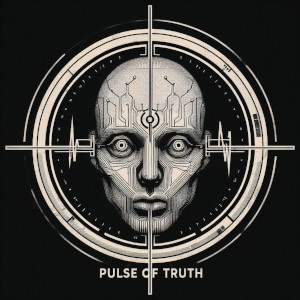Ben Lovejoy / 9to5Mac: Apple’s Activation Lock for iPhone components will make a huge dent in the market for stolen iPhones, though it introduces another barrier to DIY repairs — Apple’s latest theft-prevention measure went live for beta testers yesterday: Activation Lock for iPhone components.



What’s the barrier to DIY repair?
It is because people can’t buy stolen parts anymore?
Third-party parts: You are limited to parts acknowledged by apple. They will be more expensive for no reason and you will therefore be less inclined to repair your own device.
Artificial rarity:
They will be more rare and therefore you will be less inclined to repair.
Rare and overworked repair centers:
There will be a limited selection of repair stores, potentially entirely limited to the “genius bars” because of hurdles apple puts out and therefore you will be less inclined to repair.
Also additional point-of-failure:
Phones fail more often because every single part now has additional complexity.
On the other side the additional security against stealing:
Assumed, until a pairing software is stolen from an apple store, until people figure out how to read and fake this, or until people find ways to circumvent this in an unforeseen way.
That is some seriously gish gallop. Nothing you’ve said is based on reality.
Do you want to go into any kind of detail?
In the past, Apple has locked components to the phone by requiring proprietary pairing software to enable the use of these parts that only Apple technicians can access. This means that Apple gets a cut of any repairs and prevents you from doing repairs on your own for some components.
Ok and this specific change adds to that in what way?
Now the parts need additional registration at apple at the time of the pairing, I assume.